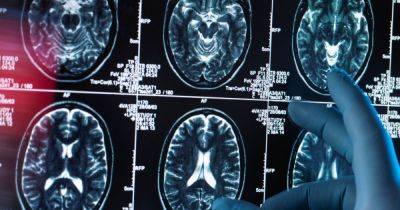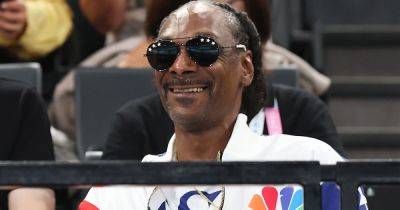New Study Reveals The 1 Edge Night Owls Have Over Early Birds
The early bird may get the worm, but a new study suggests night owls may make up for it with “superior” cognitive function.
Researchers led by professors at Imperial College London looked at data from the UK Biobank study on more than 26,000 adults who had completed intelligence, reasoning, reaction time and memory tests. Then, they looked at participants’ sleep duration, quality and chronotype ― a person’s natural tendency to wake up and go to sleep at certain times, which is often simplified to “night owl” or “morning lark” and “early birds”― affected brain performance.
They found that night owls had “superior cognitive function,” scoring better on intelligence, reasoning and memory tests. Early birds had the lowest scores of all participants, while people who didn’t define themselves as either morning or evening people ranked somewhere in the middle.
“We found that those more active in the evening tended to perform better on cognitive tests than morning larks,” said Raha West, lead author and clinical research fellow at the department of surgery and cancer at Imperial College London.
The findings suggest that time of day people feel most alert and productive could influence their cognitive performance, especially in older adults, West said. Their relationship between chronotype and cognitive performance may change with age, possibly due to shifts in circadian rhythms and neurodegenerative processes, she told HuffPost.
“It was really intriguing to me that that evening types performed better on cognitive tests in older adults, which contrasts with findings in younger populations where morning types often show better cognitive outcomes,” she said.
In the case of young adults and adolescents, some of whom stay up too







